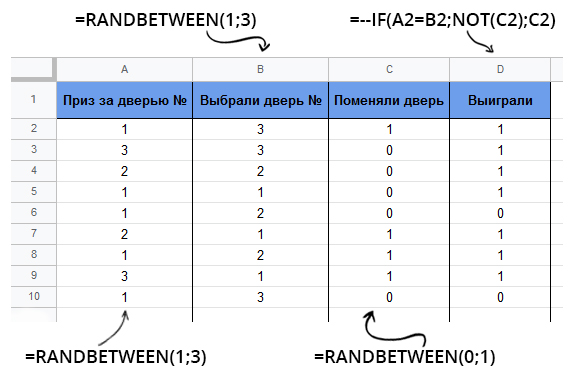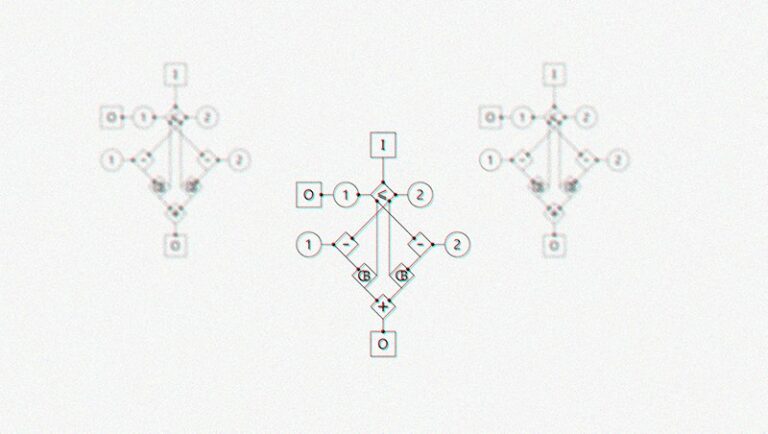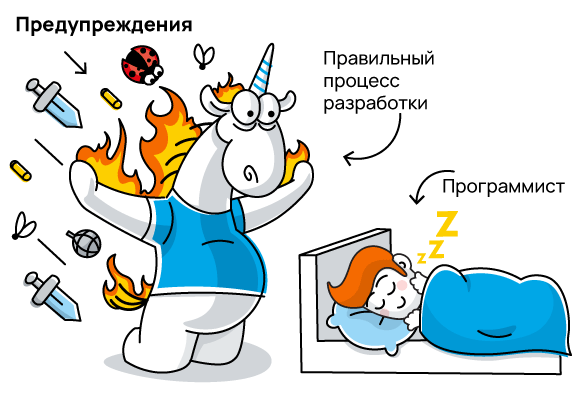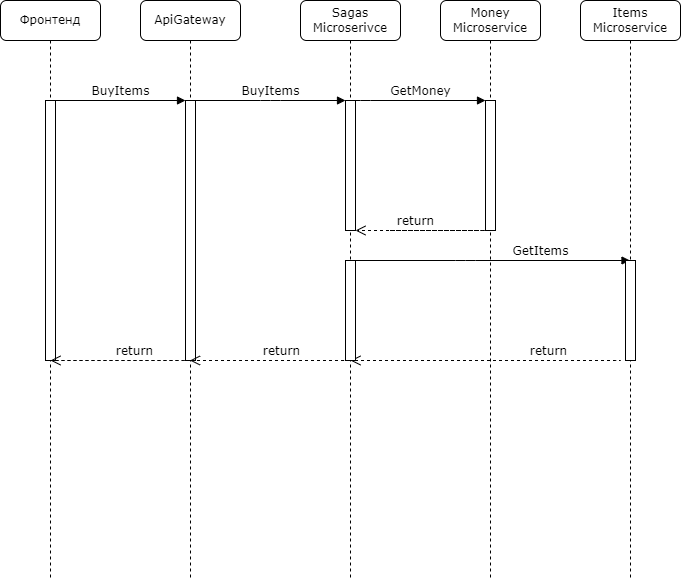The Monty Hall paradox doesn’t work
Recently on the Internet I saw an excerpt from the film “Twenty One”. This passage states that Monty Hall paradox really works!
Until now, I had not heard anything about this paradox, but at the same time I could not believe in its veracity, although the overwhelming majority said the opposite. On this issue, I watched videos, read articles, checked program codes, but it still did not fit in my head.
In this article, we will consider the classical formulation of the problem.
Different questions came to my mind: what is the difference between a door without a prize in relation to another door without a prize, as if we had chosen it? What if, after the first iteration of choosing a door, Men in Black come to you and erase this initial decision from your memory? Where then will the extra interest disappear, because now the choice will remain between two doors?

And it seemed that in the calculations of the people everything converged, there was nothing to complain about. Then, for clarity, I decided to create google table, in which he modeled 1000 games on the Monty Hall paradox.
Without hesitation, I created 4 columns:
-
Column A, “Prize Behind Door No.” – a random number from 1 to 3 (inclusive, of course);
-
Column B, “Selected door #” – also a random number from 1 to 3;
-
Column C, “Changed the door” – a random number from 0 to 1, i.e. either did not change the door, or changed 🙂
-
Column D, “Won” – if the door we have chosen coincides with the door behind which the prize is located, then the value of the win (0 or 1) will be the opposite of the value column “Changed the door”, otherwise the value of the gain will be the same as the value in column “Changed the door”… This is logical.

After direct calculations, it turned out that in the total fields “Changed” and “Didn’t change” there was a ratio of approximately 50 to 50. In the total fields “Won” and “Lost” the ratio was the same (conventionally).

These ratios persist with every global simulation run of 1000 games. But where, then, is 66% of the winnings?
Now let’s calculate the sums for all possible combinations of events for all games.

Total field “Won when changed” almost 2 times the total field “Won when they didn’t change” by values.
That is, it turns out that by changing the door, we increase our chances of winning 2 times? NO! The point is that if we already won, then we do not need additional conditions, whether we changed the door or not.
The problem with this paradox is that the answer to the problem is turned upside down: cause and effect are reversed!
Instead of “If he changes the door, then with a 2/3 probability he will win” must speak: “If he won, then with a 2/3 probability he changed the door“Do you feel the difference? – it is diametrically opposite. And you can change the door or not – the point is that the chances of winning are 50 to 50.
Instead of “We change the door and win 2 times more often than we don’t change the door” must speak: “We change the door and win 2 times more often than we do not change the door and win“.
Wrong reasoning gives rise to such paradoxes. But intuitively, we understand that something is wrong here 🙂
Let me give you a couple more examples.
Imagine that the host offers a choice of 2 doors, only one of which has a prize. Obviously there is a 50% chance of choosing the right door? And now the host suddenly opens the 3rd door, behind which there is no prize. Do you think that this will make you less likely to win? Let him open at least 100 doors, the chances will not change.
And if initially there will be a million doors, will you lose 1-2 times in a million games by changing the door? Obviously not. And you will lose about as much as you will win. It’s just that if you win, then most likely you changed the door, just like that – it doesn’t work in the opposite direction!
That’s what I wanted to convey to you! I hope I got it, since this is my debut.
Trust your intuition more! Good luck to all!





